The Form and Pattern of a Thought!
Stéphane Mallarmé
رَميَةُ نردٍ أبـداً لَنْ تُبطلَ الزّهـرْ
Un coup de Dés jamais n’abolira le Hasard
Oh night, without your stars!
The primordial darkness of the universe at the moment before creation, as represented in a plate in Robert Fludd’s 1617 Utriusque Cosmi Maioris scilicet et Minoris Metaphysica, Physica, atque Technica Historian (The Metaphysical, Physical, and Technical History of the Two Worlds, Namely the Greater and the Lesser). The words Et sic in infinitum (“and like this to infinity”) are written on all four sides of the square.
The Hymn of the Collective Body
My turn now. The story of one of my insanities.
For a long time I boasted that I was master of all possible landscapes– and I thought the great figures of modern painting and poetry were laughable. What I liked were: absurd paintings, pictures over doorways, stage sets, carnival backdrops, billboards, bright-colored prints, old-fashioned literature, church Latin, erotic books full of misspellings, the kind of novels our grandmothers read, fairy tales, little children’s books, old operas, silly old songs, the naïve rhythms of country rimes. I dreamed of Crusades, voyages of discovery that nobody had heard of, republics without histories, religious wars stamped out, revolutions in morals, movements of races and continents; I used to believe in every kind of magic.
I invented colors for the vowels! A black, E white, I red, O blue, U green. I made rules for the form and movement of every consonant, and I boasted of inventing, with rhythms from within me, a kind of poetry that all the senses, sooner or later, would recognize. And I alone would be its translator. I began it as an investigation. I turned silences and nights into words. What was unutterable, I wrote down. I made the whirling world stand still.
Arthur Rimbaud. Alchemy of the Word.
Monuments
To be brief, then, let us say that history, in its traditional form, undertook to ‘memorize’ the monuments of the past, transform them into documents, and lend speech to those traces which, in themselves, are often not verbal, or which say in silence something other than what they actually say; in our time, history is that which transforms documents into monuments. In that area where, in the past, history deciphered the traces left by men, it now deploys a mass of elements that have to be grouped, made relevant, placed in relation to one another to form totalities. There was a time when archaeology, as a discipline devoted to silent monuments, inert traces, objects without context, and things left by the past, aspired to the condition of history, and attained meaning only through the restitution of a historical discourse; it might be said, to play on words a little, that in our time history aspires to the condition of archaeology, to the intrinsic description of the monument.
Michel Foucault. The Archaeology of Knowledge.
Louis Henderson. Unititled. The British Museum. 2011
Midnight
Night is the book: the silence and inaction of a book when, after everything has been proffered, everything returns into the silence that alone speaks – that speaks from the depth of the past and is at the same time the whole future of the word. For present Midnight, that hour at which the present lacks absolutely, is also the hour in which the past touches and, without the intervention of any timely act whatever, immediately attains the future at its most extreme. And such, we have seen, is the very instant of death, which is never present, which is the celebration of the absolute future, the instant at which one might say that, in a time without present, what has been will be.
Maurice Blanchot. The Work and Death’s Space.
Louis Henderson. Untitled. British Museum, 2011.
What will have been…
The future at issue in archaeology becomes intertwined with a past; it is a future anterior. It is the past that will have been when the archaeologist’s gesture (or the power of the imaginary) has cleared away the ghosts of the unconcious and the tight-knit fabric of tradition which block access to history. Only in the form of this “will have been” can historical consciousness become possible.
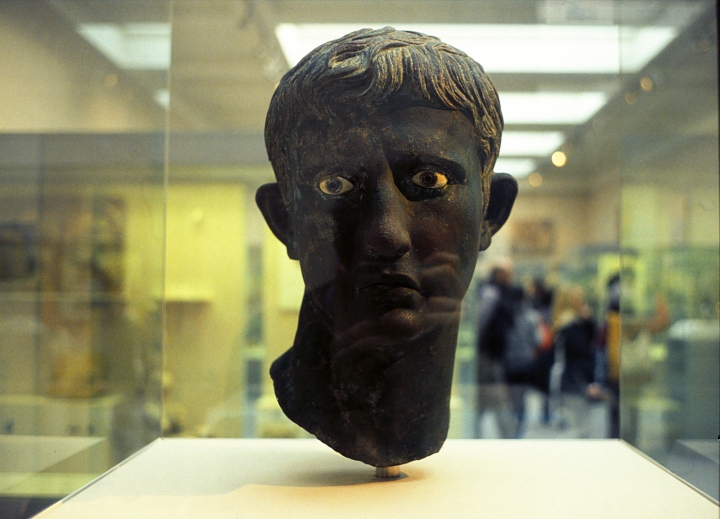
Louis Henderson. Untitled. British Museum, 2011
Archaeology moves backward through the course of history, just as the imagination moves back through individual biography. Both represent a regressive force that, unlike traumatic neurosis, does not retreat toward an indestructible origin but rather toward the point where history (whether individual or collective) becomes accessible for the first time, in accordance with the temporality of the future anterior.
Giorgio Agamben. Philosophical Archaeology.
Snakes and Coffins
But if he must, the man remains fearless.
Alone before god, simplicity keeps him safe.
He needs no weapons and no cunning,
As long as God’s absence comes to his aid.
Friedrich Hölderlin. The Poets Vacation.
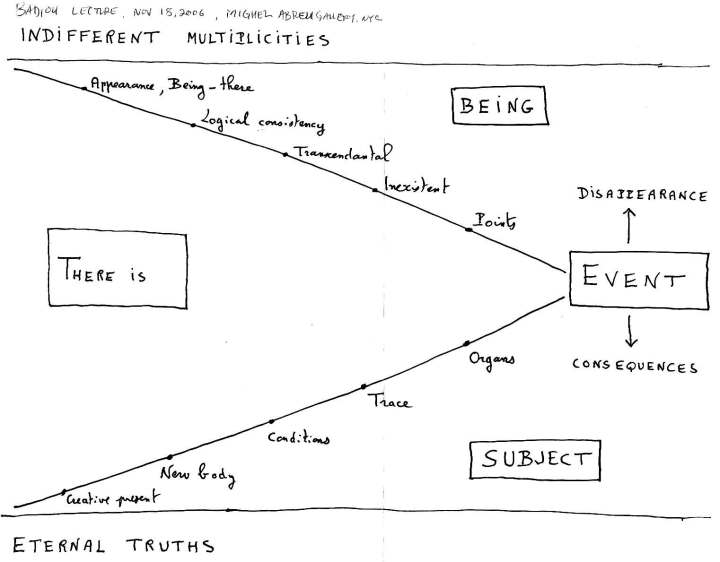
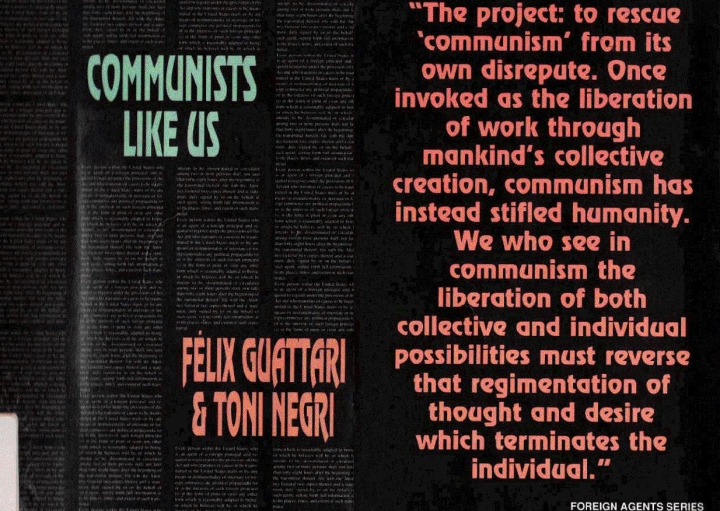
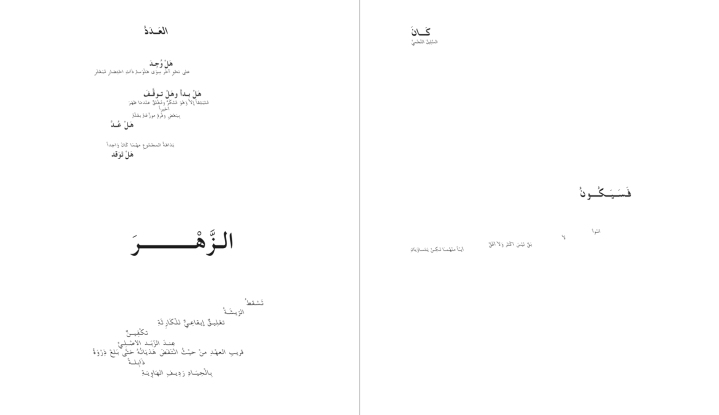
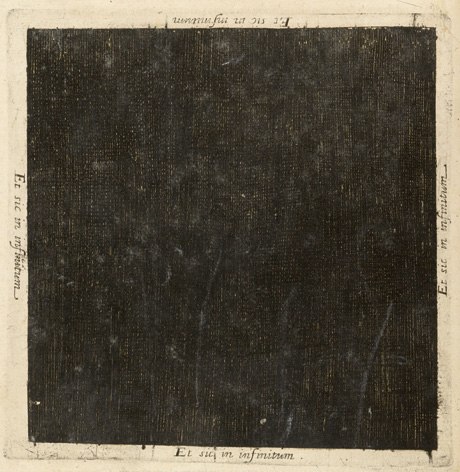
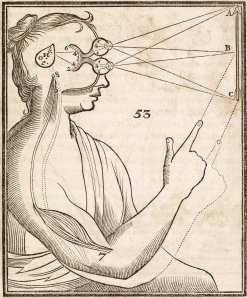
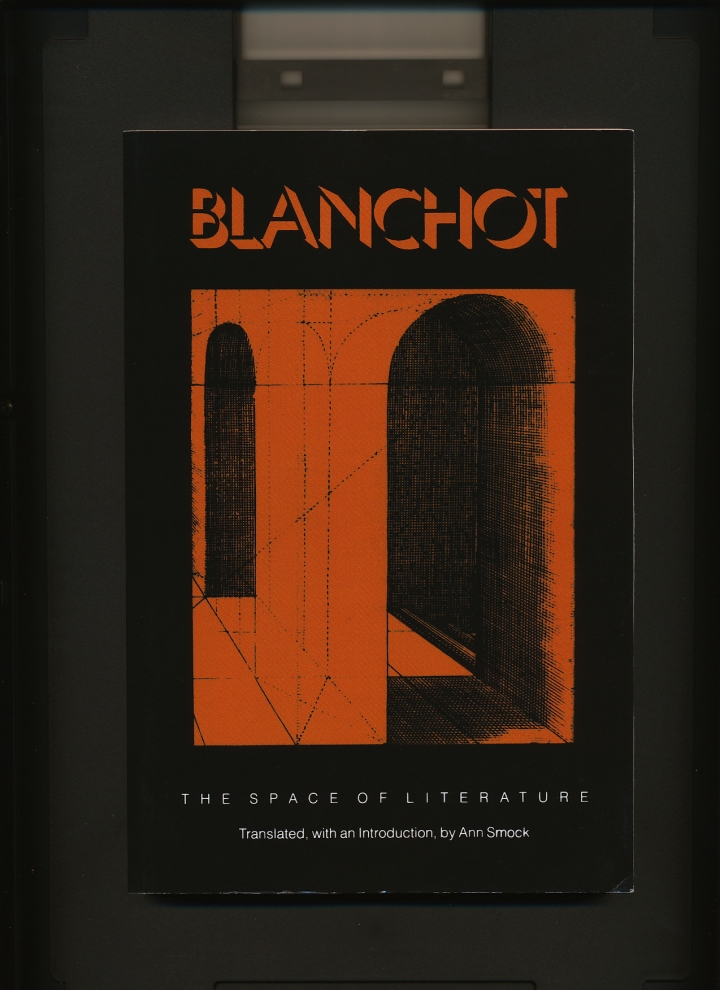
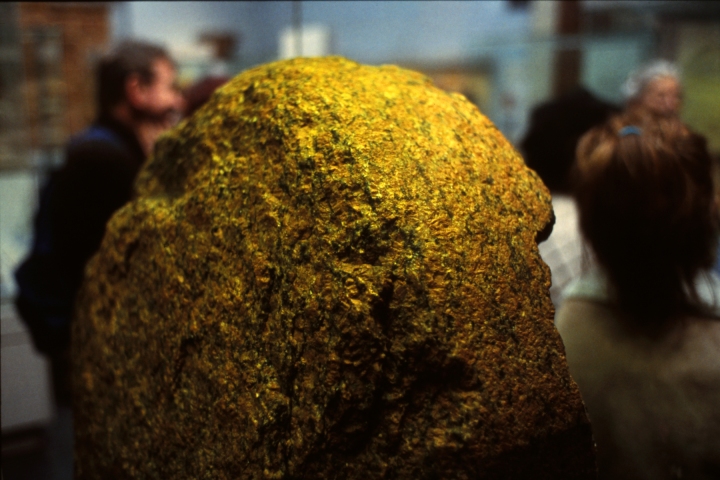
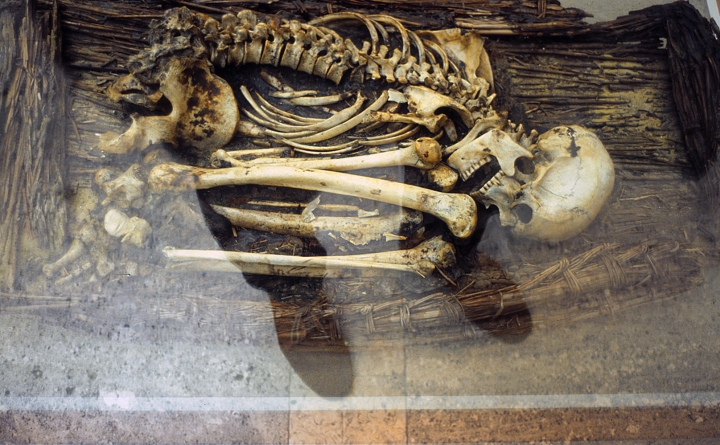

leave a comment